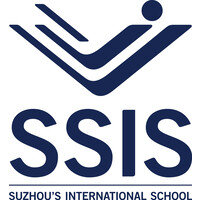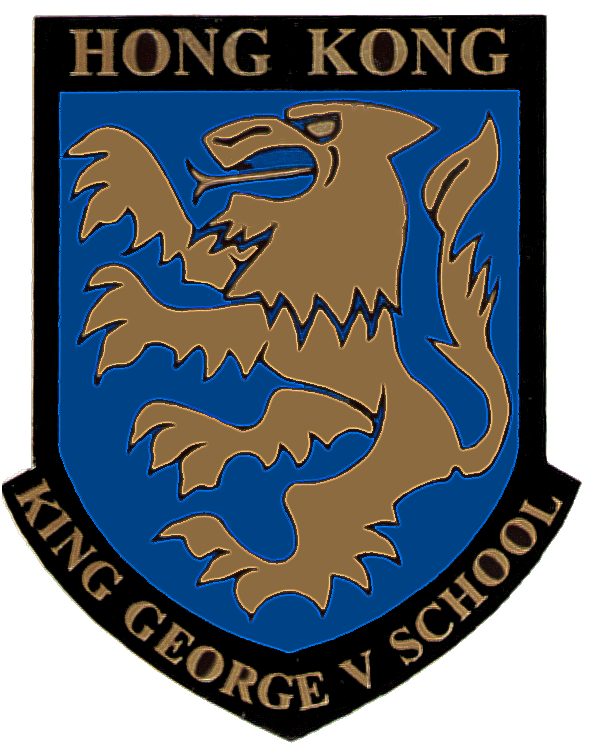
Improve Administrative Efficiency During Turbulent Times
May 30-31, 2022 | 8:00 am - 4:00 pm
Dulwich College Singapore
This is a Certificate Program – 16 Hours of Professional Development will be Awarded.
Schools that had leaders recently complete this course:
“A lot of processes that take place were brought to the forefront. This helped me develop an improved understanding of why certain things happen and why people may react in the ways that they do to different situations. The group conversations and the facilitation were incredibly useful.”
Our Goal
We will be using case studies from the past 2 years to understand how to overcome challenges caused by disruptions to school operations. Participants will leave with the tools and confidence to communicate more effectively, as well as to coordinate multiple priorities and problem-solve collaboratively.
Our Ideal Audience
Executive and Personal Assistants, Receptionists and other front-line administrative staff working in Admissions, HR, Finance, Facilities and Marketing Departments.
The Pandemic has impacted every staff member. This workshop will help the staff that gets the least amount of training but has the greatest amount of interaction with our school community.
School leadership and their respective teams rely extensively on administrative staff to communicate effectively on behalf of the school and be the first point of contact for teachers, parents and suppliers. International Schools present a challenging work environment for our administrative staff, many of which have never attended such a school nor have had to manage several competing priorities and stakeholder expectations.
This program will give your Administrative Staff the opportunity to be exposed to communication, problem-solving and time management skills to empower them to work more efficiently. More importantly, they will gain the skills to become a stronger first line of defense against the innumerable distractions that slow our teams down. Participants will engage in practical activities and be given tools and templates applicable to their daily jobs.
The instruction provided will leave attendees with tools and strategies to:
Overcome barriers to being understood and understanding others.
Communicate effectively in a multi-cultural work environment.
Use questioning techniques to ensure a mutual understanding.
Define, communicate and act to resolve problems.
Identify, communicate and coordinate multiple priorities.
PDAC Method of Writing Emails and Proof Reading.
What will I learn?
Module 1
Key Communication Skills & Intercultural Communication
Participants will develop an awareness of the communication preferences and styles of other cultures and then be introduced to essential questioning skills to help them confirm understanding when stakeholders have problems.
Small groups will be given cases of common requests teachers or administrators made during the pandemic. Each group will be required to identify relevant clarifying and probing questions for each case. These groups will then reflect on how they might adapt their questions based on the different cultural attributes of the requestor and then submit their questions for peer review.
The facilitator will provide feedback based on his observations from the group submissions, as well as introduce how to develop an Inquiry Funnel. Mixed Groups will choose one of the cases for requests teachers or administrators made during school closures. Groups must develop an Inquiry Funnel to confirm the teacher or administrator’s understanding of the situation, their expectation and confirm an agreed course of action.
Module 2
Collaboratively Communicating to Solve Problems
In order to communicate effectively and influence others, we need to understand ourselves and how our priorities affect others. Participants will learn how to become more interpersonally aware and identify strategies for working effectively with people that have different priorities to their own.
Problem Solving is a process of defining a problem, determining the reason for the problem, identifying, selecting, implementing the best solution for resolving the issues efficiently and effectively in an organization. The problems that frontline staff often face are related to people, and in particular, the problems those people are calling on frontline staff to solve.
This module introduces to participants a consultative communication model to ensure they use inquiry and empathy to involve those they seek to help in developing a solution. Not all problems can be solved by frontline staff, but they can at a minimum help people to be heard and feel understood.
Module 3
Communicating Clearly in Email
Participants will learn and demonstrate how to write school communique using PDAC (Purpose – Details – Action – Close). To effectively execute this strategy, participants will have to complete several writing exercises that will improve their ability to write: Build Rapport, Keep Sentences Simple and to the Point, Ensure a Positive Tone, and Know When to Use Benefits and Consequences.
Small groups will review their respective member’s writing assignments and submit them for the facilitator to review.
The facilitator will review samples from the group submissions and provide examples of how to respond to requests for information and complaints. Participants will be separated into mixed groups and expected to draft a school-wide communique based on one of 3 common cases frontline staff had to address during the pandemic.
Module 4
Managing Multiple Priorities
Learn to reduce distractions and prioritize tasks based on strategies popularized by Stephen Covey. Participants will role play communicating their priorities to influence the expectations of others and mitigate potential conflict.
Small groups will identify common challenges they faced in their role during the pandemic, in particular unexpected tasks and new responsibilities. Reflecting on the readings and recorded lectures each group must then brainstorm possible solutions to one challenge and prepare to present it to the class.
Groups will present their challenge and proposed solutions. The facilitator will introduce how to ‘Manage Yourself’ and why this is the most effective Time Management tool. By understanding and being able to clearly communicate your priorities you can much more effectively manage the expectations of others.
Facilitator
Henry Wong
Henry, in addition to being an accomplished editor on interpersonal relationships, he is one of the few administrators who have served in both academic and non-academic roles in a school. He has more than sixteen years of work experience in international schools based in Singapore, China, and the US. His administrative positions have included Senior Admissions and Marketing Manager, Business Administration Director and, Co-head.
Henry worked in three international schools and two bilingual schools with student populations ranging from 220 to 1400. His international schools’ responsibility was to oversee and provide leadership for non-academic functions, including the Admissions & Marketing, Finance, Human Resources, Public Relations, IT Help Desk, Facilities Management, Auxiliary Services, Procurement, and Inventory departments. These schools had very culturally diverse teaching and family populations. All the schools are accredited by schools and colleges associations (US), and IBO authorizes the three international schools. He published a booklet titled "Preparing Host Country Support Staff for their Roles in International Schools."
At Suzhou Singapore International School, Henry raised his support staff’s service standards to a level that equals to best practices of great international schools in less than two years. The majority of his departments and offices received more than 90% of customer satisfaction from parents and teachers. Three offices obtained 100% customer satisfaction over three consecutive years.
Henry obtained his bachelor’s degree at Biola University, California, majoring in Organizational Leadership. After acquiring his master’s degrees in Education at Pepperdine University, and Intercultural Studies with an emphasis in International Business at Biola University, he took up an instructor position at Tianjin University of Technology in China. He taught two subjects – Intercultural Communication and International Trade. Besides, he taught Mathematics to middle school students for two years. He also received a multiple subject teaching credential with a supplementary authorization in Business Studies from California.
What people have said about this course…
SGD 388.00
Per Registration - Inclusive of Lunch
Registration is limited to 7 people per school. If you would like to register additional staff, please email Erren Tsoi at erren@pdacademia.com.
Registration Instructions:
If you would like to pay by credit card, please click the “I would like to pay by CREDIT CARD” button below and then select the number of participants your school would like to register and provide their names, job titles, and email addresses. You will then be directed to a credit card payment window.
If you would like to pay by bank wire transfer, please email erren@pdacademia.com with the name, job title and email address of each person you would like to register and we will email you an invoice with bank payment instructions.




























